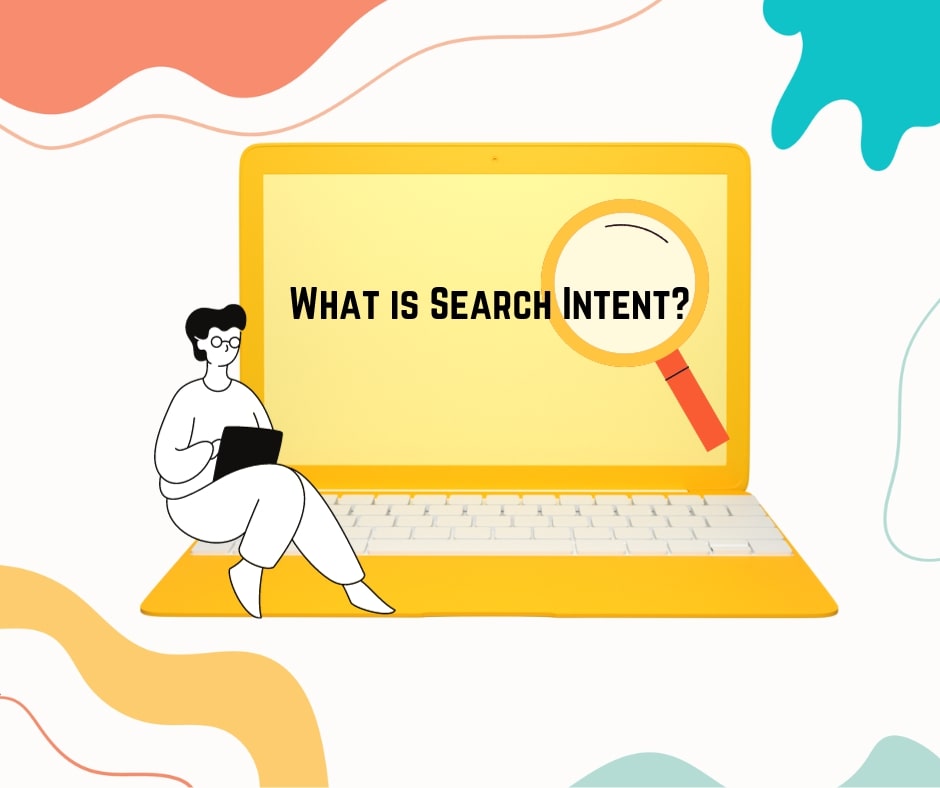Unlocking the Future: How Semantic Search and Natural Language Processing Transform SEO
Evolution of Search: From Keywords to Context
In the days of keyword abundance, we tossed them like confetti at search engines, hoping for results. Fast-forward to today, we’ve transitioned into the era of semantic understanding. Search engines no longer merely match words; they now decipher our intentions, all thanks to the prowess of semantic search and NLP.
What is Semantic Search?
Why Semantic Search Matters?
Let’s face it; the keyword-based era had its quirks. Misinterpretations, irrelevant results—ring a bell? Semantic search steps in as the problem-solving superhero, offering accurate and user-centric results. Imagine a magnifying glass focusing not just on a single keyword but revealing a broader range of relevant information. Users win with an improved experience, and search engines do a victory dance with enhanced accuracy and user satisfaction.
Semantic Search vs. Keyword Search: A Showdown
Let’s break it down with a friendly table, shall we?

Semantic search takes the crown for understanding, context, and user-centricity. It’s like having a search engine that just gets you.
Examples that Speak Volumes
To drive the point home, let’s take a stroll through some real-world examples:
- “Best restaurants near me with vegetarian options” – Location and dietary preferences understood.
- “How to fix a leaky faucet” – Intent recognized for providing repair instructions.
- “Difference between cats and dogs” – Need for comparative information acknowledged.
Semantic search isn’t just a concept; it’s your digital genie understanding and fulfilling your wishes.
Impact on Ranking Strategies: SEO Adapting to the Future
- Focus on Topics and User Intent: It’s time to create content that doesn’t just scratch the surface but delves into broader themes, answering user questions comprehensively.
- Natural Language Optimization: Embrace a clear and conversational style. Think about it as having a chat with a friend. No need for a robotic tone; let your personality shine through.
- Structured Data and Schema Markup: Give search engines a helping hand by implementing structured data. It’s like adding breadcrumbs for them to follow, ensuring they understand the context of your content.
- Entity-Based Optimization: Build authority around relevant entities. Become the go-to source for specific topics, and watch your rankings soar.
In a nutshell, semantic search and NLP are not just buzzwords but the architects shaping the future of SEO. So, here’s the deal—embrace these changes. It’s not about playing catch-up; it’s about leading the way with a user-centric approach to SEO.
I’m Jesrell Belmes, your SEO Specialist from the Philippines, and I’m here to make sure you stay ahead of the curve. Buckle up, fellow digital enthusiasts, the future of search awaits, and it’s looking more exciting than ever!


